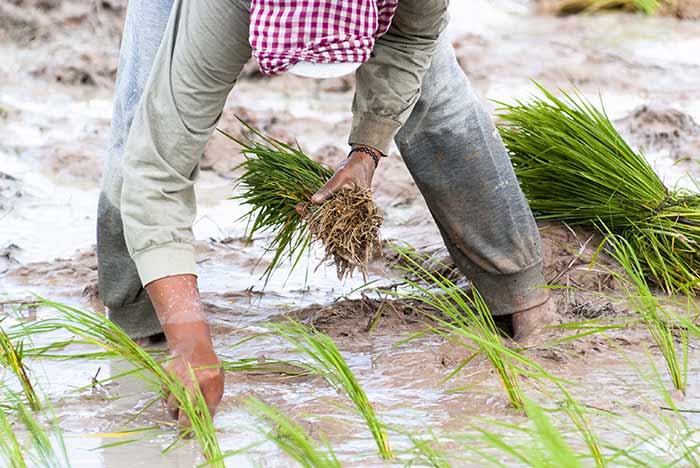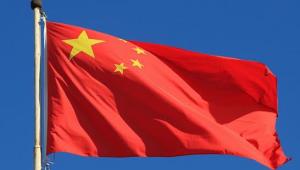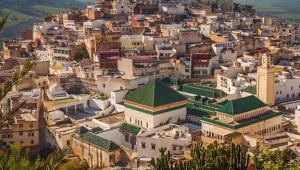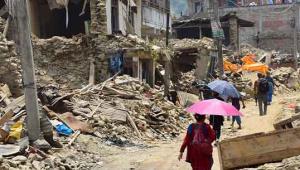web_cambodianfarmer_shutterstock_112976074.jpg

Smallholder farmer
The bank announced yesterday that its board of directors had voted to press ahead with phase two of its Land Allocation for Social and Economic Development (LASED) project, following a five-year funding freeze to Cambodia as a result of issues with phase one.
The first $13m phase, supported by the World Bank and Germany, drew fierce criticism from campaigners after the government forcibly removed thousands of people from Phnom Penh’s Boeung Kak lake area to clear the land for reallocation to other poor families.
In 2011, the Boeung Kak dispute prompted the bank to suspend all of its own payments to Cambodia until now, although this did not include funds tied to projects that were already underway or money held by the bank on behalf of countries.
Nevertheless the bank sees the seven-year project, which aims to provide residential and agricultural land to land-poor and landless families, as an overall success.
It said phase two would help more than 5,000 families receive agricultural livelihood support and benefit from better roads, schools and health clinics.
“Many families have benefited from the project’s predecessor, which helped them receive land,” the bank said.
However rights groups, activists and those adversely affected by phase one paint a different picture, and have called on the bank to deal with the issues raised during the first phase of the project.
This includes calls to help the thousands of families that were evicted from Boeung Kak before spending more money on phase two.
Tep Vanny, a Boeung Kak resident and now prominent anti-eviction activist, told the Cambodia Daily: “We demand the World Bank be responsible for the people evicted from Boeung Kak and push the government to find a solution quickly, because we have been suffering for almost 10 years.”
As well as forced evictions, last year local rights group Licadho released a scathing report detailing numerous other shortcomings of LASED I.
It said that while LASED I achieved its goal of allocating residential or agricultural land to 3,000 families, less than half of those remained settled when Licadho visited the sites in 2015.
Those who had stayed reported that their ability to use the land for agriculture was limited due to poor soil fertility or lack of resources to clear the land and prepare it for farming.
Licadho also reported that in many cases villagers were yet to receive titles for the land they had received, leaving their status as owners insecure. Many of those have since been embroiled in disputes with others who claim the land.
A World Bank report on LASED I, published in 2015, found that just 250 households (roughly 22%) had been provided with land titles by the government, with issuance taking “longer than expected”.
However, its findings regarding the bank’s agriculture-related investments and provision of public infrastructure on the site, such as health facilities, were much more positive.
Naly Pilorge, director of Licadho, told Public Finance International today that the organisation is “extremely disappointed” that the World Bank has decided to proceed with the second phase without acknowledging or addressing the failures attributed to LASED I.
As well as LASED II, the World Bank approved funding for three other projects in Cambodia yesterday – collectively worth $225m – from the International Development Association, its fund for the poorest countries, over 2016-17.
The bank’s private sector arm, the International Finance Corporation, will also expand its engagement in Cambodia with around $200m worth of investment and $10m in advisory services across the same period.
The other projects cover health equity and quality improvement, enhanced management of fisheries and water resources and road improvements.
Ulrich Zachau, country director of the World Bank for Southeast Asia, said all of the projects will bring about tangible benefits for Cambodians.













